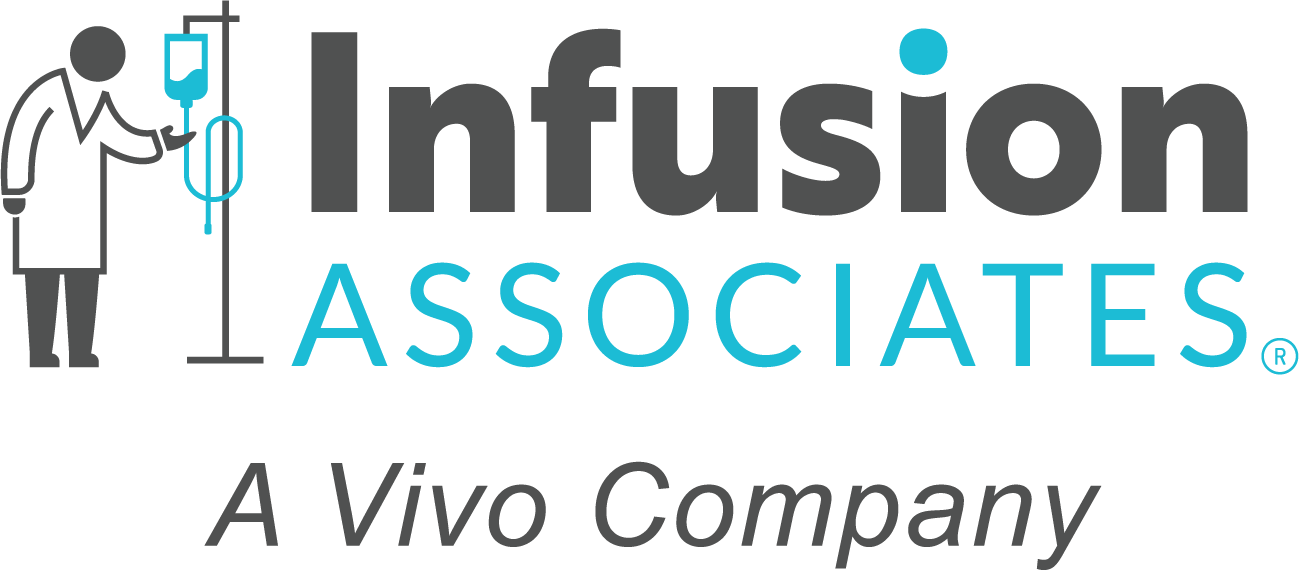Living with chronic inflammatory demyelinating polyneuropathy (CIDP) is debilitating and disruptive of everyday life. It may first appear as a lack of coordination, and progress to declining motor functions and sensory loss. As a result, you may be dealing with the frustration of losing your sense of independence. To add insult to injury, some oral medications may fail to provide relief. This is when infusion therapy can offer a viable option.
What is CIDP?
Chronic Inflammatory Demyelinating Polyneuropathy is a neurological disorder that causes inflammation of nerve roots and destroys the nerves’ protective covering (myelin sheath). Symptoms vary widely from one person to the next, and they include experiencing numbness, slow reflexes, weakness, extreme tiredness, difficulty swallowing, and double vision. The condition is most common in older adults. In severe cases, it may cause impairment of motor functions, as well as paralysis.
How does infusion therapy for CIDP work?
CIPD can make it difficult, uncomfortable, or impossible to take oral medications. Infusion therapy provides a viable alternative for these patients. The medication is administered through an IV, which drips slowly into the patient’s arm. And, because it reaches the bloodstream immediately, you can begin experiencing relief from symptoms at a faster rate than from oral drugs.
What to Expect
When you visit any of our Infusion Associates locations, you will meet with one of our doctors or nurses. During this meeting, we will explain the entire process — including information about dosage, length of each treatment, and the possibility of side effects. You can also take this time to ask questions and address concerns you may have.
Once the meeting concludes, you’ll be escorted to one of our treatment rooms. If you’d prefer, you can request a private room in advance. You can also bring your favorite snacks. From our side, we’ll provide cozy reclining chairs and blankets, Wi-Fi, TV, and warm beverages, to make the infusion treatments as comfortable as possible.
Common Medications for CIDP
Infusion therapy often provides a safer and more effective alternative to oral medications traditionally used to treat CIDP. Specifically for chronic inflammatory demyelinating polyneuropathy, intravenous immunoglobulin (IVIg) is used to inject concentrated antibodies from the plasma of healthy individuals. Since it is made of organic components, it does not increase the risk of infections and it is safe to use during pregnancy and while breastfeeding.
CIDP Treatment Side Effects
As with any prescription medication, infusion therapy comes with a risk of side effects. These may vary from one person to the next. The most common ones include:
- Itching
- Nasal congestion
- Coughing
- Runny nose
- Sneezing
- Dizziness
- Abdominal pain
- Muscle cramps
- Loose stools
- Extreme tiredness
If Your Doctor Has Recommended Infusion Therapy for CIDP, Let Infusion Associates Help You
At Infusion Associates, we provide medically-prescribed infusion therapy for patients with chronic conditions in a welcoming and friendly environment. Our team of healthcare professionals is fully committed to making the experience as comfortable as possible for you or your patients. We always inform patients of any potential side effects and answer all their questions before starting treatment. In addition, we have a registered pharmacist on-site to make the process as seamless as possible.
If you would like to refer a patient to us or want to inquire about the treatments we offer, you can contact us by calling us at (616) 954-0600 or filling out this form.

